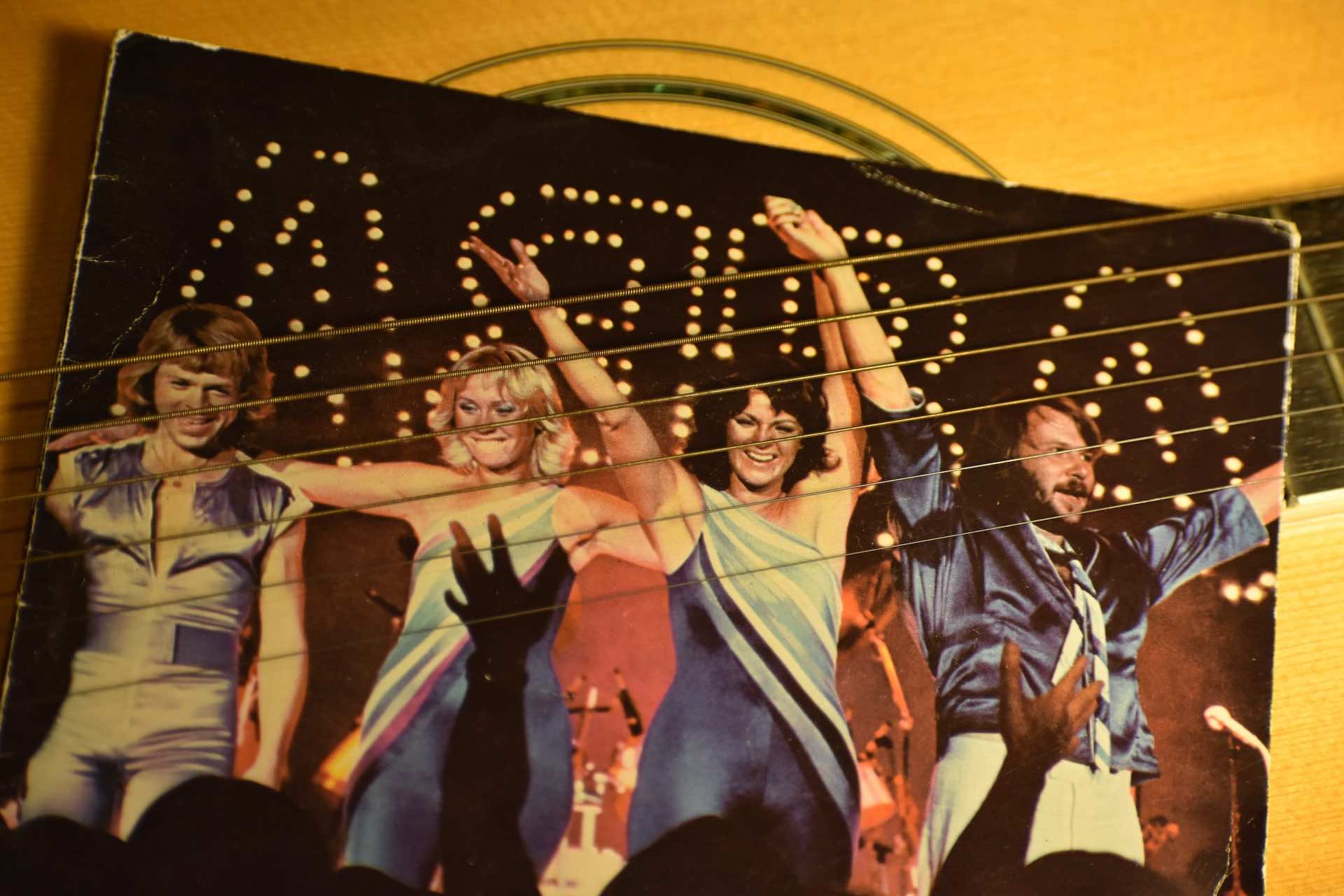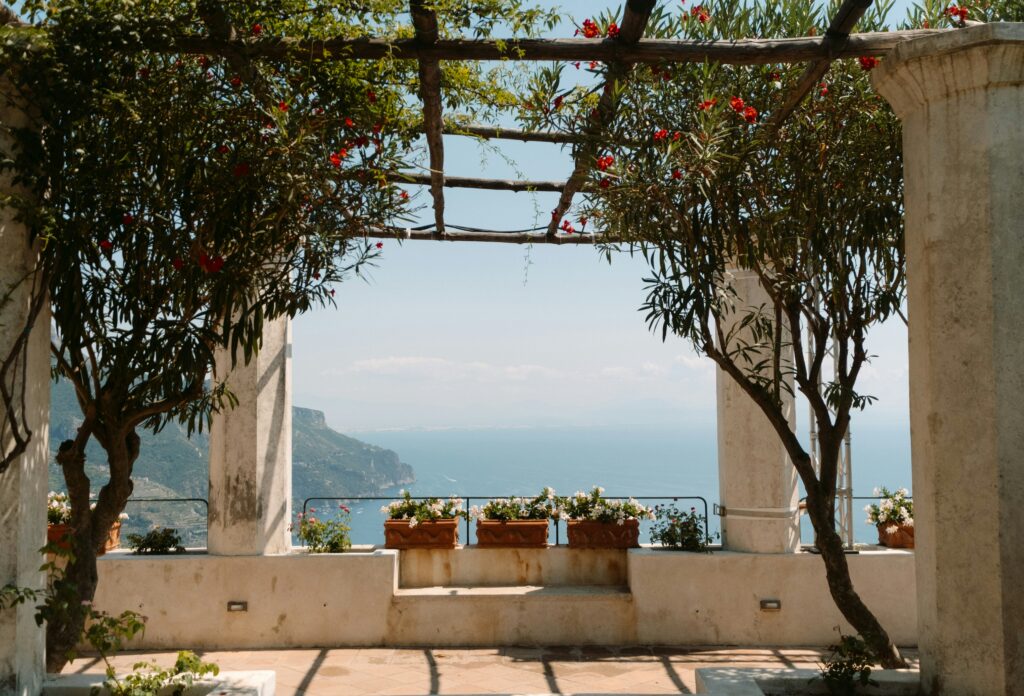The best way to find out new facts about Italian culture is by understanding some of the most-loved Italian sayings. Italians are known for their vast repertoire of hand gestures, each flick of the finger and placement of the palm meaning something totally different. Their roster of idioms is just as colorful and varied; learn more about Italy’s history and culture by mastering some of these popular Italian phrases, perfect for your next Insight Vacations adventure.
Our 11-day Italy itinerary shows the best that this gorgeous country has to offer
“Mamma mia!”

Made famous by Swedish band ABBA, the Italian phrase “mamma mia” can be used to express all manner of emotions: fear, joy, exasperation, stress and sometimes even amusement. Of course, while it literally means “my mother”, in practice it’s closer to the English “oh my god”. “Mamma mia” has been used in Italy for centuries, but according to Merriam Webster, first came to the attention of English speakers in 1860. Since then, it’s been affectionately adopted as the world’s favourite stereotypical Italian idiom.
“Mangia bene, ridi spesso, ama molto”

“La gatta frettolosa ha fatto i gattini ciechi”
Meaning “the hasty cat gave birth to blind kittens”, this proverb might sound visceral, but it’s actually quite harmless: it means that things should be done in their own time, because rushing tasks will mean mistakes are made. This proverb is likely Sicilian in origin, and when said in the Sicilianl dialect goes “a iatta prisciarola fa i iattareddi orbi”. Some say it may have come to Italy from Asia via ancient Greece.
We think you’ll also like: What’s special about Sicilian cuisine? Everything, says Travel Director Mark
“De gustibus non est disputandum”
“Veni, vidi, vici”
Here’s another Latin phrase that has worked its way into not only modern Italian, but English as well. The short, sharp brag – meaning “I came, I saw, I conquered” was first said by Julius Caesar in around 47 BC, after he swiftly conquered a tract of land in modern Turkey at the Battle of Zela. “Veni, vidi, vici” is still repeated and paraphrased today, although in modern Italian it would be pronounced “Venni, vidi, vinsi”.
Read more: 10 fascinating things you’ll learn about Italy on our 10-day tour





